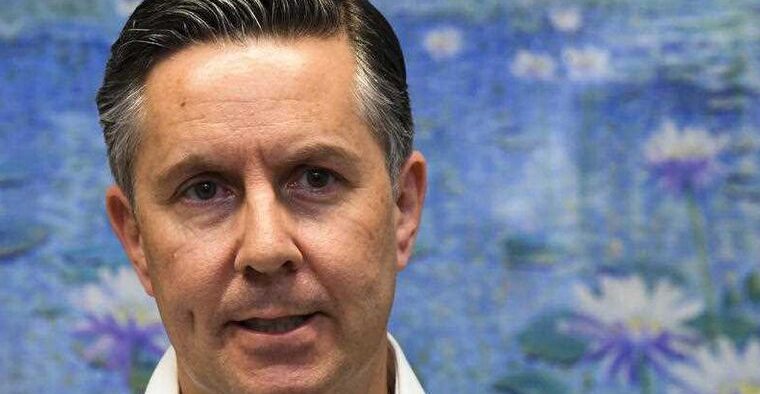Australia to open permanent centre for disease control, health minister says

Health Minister Mark Butler said the government will introduce legislation to establish an independent centre for disease control.
Key Points
- The government will establish a permanent centre for disease control, Health Minister Mark Butler said.
- The centre was among recommendations from a 670-page report into Australia’s COVID-19 response.
- The centre will will start operating in January 2026.
The government will establish an Australian Centre for Disease Control in a bid to better coordinate responses to disease outbreaks, Health Minister Mark Butler has announced.
An interim centre has been operating within the Department of Health, Butler told reporters on Tuesday, explaining legislation would be introduced to parliament next year to outline the centre and its functions and establish its independence.
The centre will be responsible for the surveillance of wastewater to monitor diseases as well as communication with regional and local partners.
Quickly establishing a national Centre for Disease Control was a priority recommendation of a 670-page report resulting from an inquiry into Australia’s COVID-19 response, released on Tuesday.
Australia fared better than other countries when considering its mortality rate and economic recovery, the review found.
But the pandemic response took a severe toll on the nation.
“People worked beyond normal limits, and many of the public health professionals, frontline community service and health staff, political leaders, health experts and public servants we relied on to get through the pandemic are no longer in their positions,” the report said.
The pandemic plans in 2020 were “grossly inadequate” for the challenges of COVID-19, Butler said.
“We are arguably worse placed as a country to deal with a pandemic than we were in early 2020.
“There has been really significant scarring on our healthcare systems and the healthcare workforce.”
“The inquiry report points to a lack of transparency around the rationale and the evidence behind decisions that were taken by governments that had such a profound impact on the lives of Australians and the freedom of Australians,” he said.
The review found vaccine mandates were effective at controlling the spread of the virus, but contributed to some people’s reluctance to get vaccinated since.
It recommended putting frameworks in place so decisions don’t have to be made on the fly regarding, for example, how to manage high-risk settings like schools and aged care.











